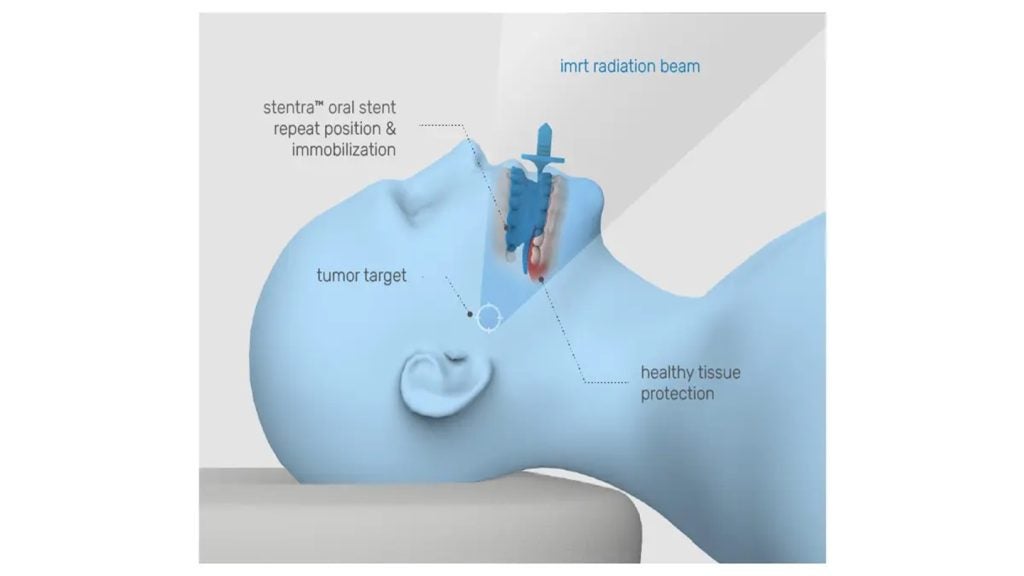
AI-powered clinical decision support company AgileMD has secured 510(k) marketing clearance from the US Food and Drug Administration (FDA) for its eCART Clinical Deterioration Suite.
eCART, a machine learning algorithm-based software as a medical device (SaMD), is designed to continuously assess the risk of impending death or ICU transfer of hospitalised patients.
This helps medical staff in the timely and accurate identification of patients in need of increased medical attention.
The FDA’s decision is based on the clinical performance data from nearly two million hospitalisations across 21 hospitals, which included a significant amount of prospective real-world data.
This extensive data set aimed to ensure eCART’s consistent accuracy across various demographics and medical conditions.
eCART’s all-cause clinical deterioration prediction capability allows it to assess the risk for all ward patients, including those with sepsis, providing a comprehensive tool for clinical teams.
How well do you really know your competitors?
Access the most comprehensive Company Profiles on the market, powered by GlobalData. Save hours of research. Gain competitive edge.

Thank you!
Your download email will arrive shortly
Not ready to buy yet? Download a free sample
We are confident about the unique quality of our Company Profiles. However, we want you to make the most beneficial decision for your business, so we offer a free sample that you can download by submitting the below form
By GlobalDataAgileMD chief medical officer and co-founder Dr Dana Edelson said: “eCART was designed to maximise early identification of at-risk patients, minimise false alarms and decrease clinician workload, rather than add to it.
“We do that by marrying a best-in-class analytic with a highly intuitive user interface and well-tested clinical workflow, giving front-line clinical teams the confidence and ability to escalate care when appropriate.”
Developed from over a decade of research at the University of Chicago, eCART integrates directly into the electronic health record system.
It uses up to 97 real-time variables such as lab results, vital signs, and nursing assessments to calculate an eCART score and risk level for each patient.
The software also includes embedded clinical pathways to guide medical staff in evaluating and managing patient care.




